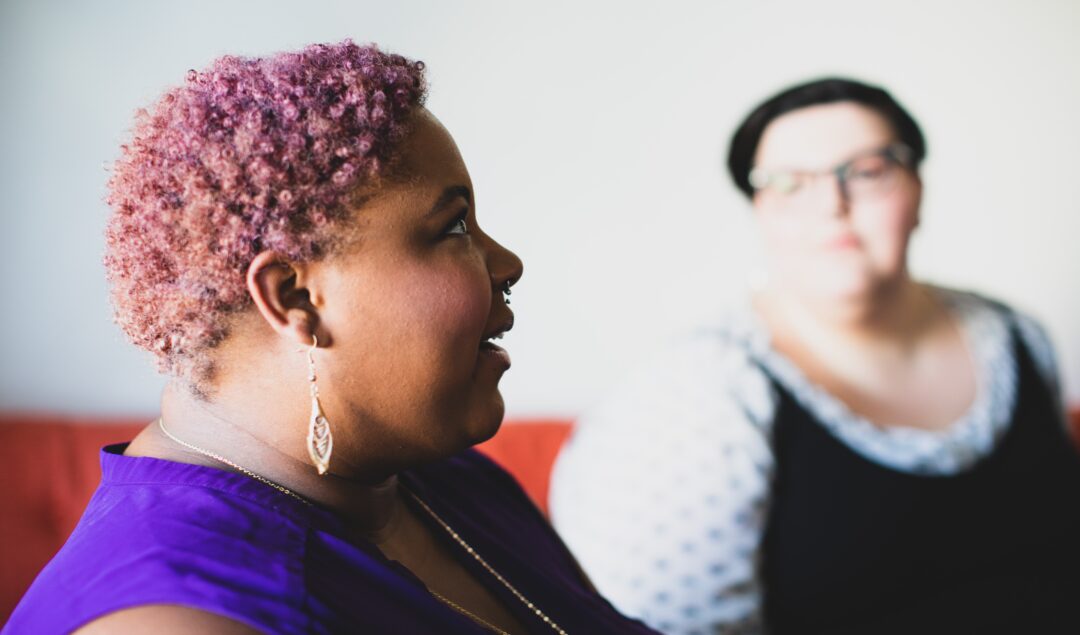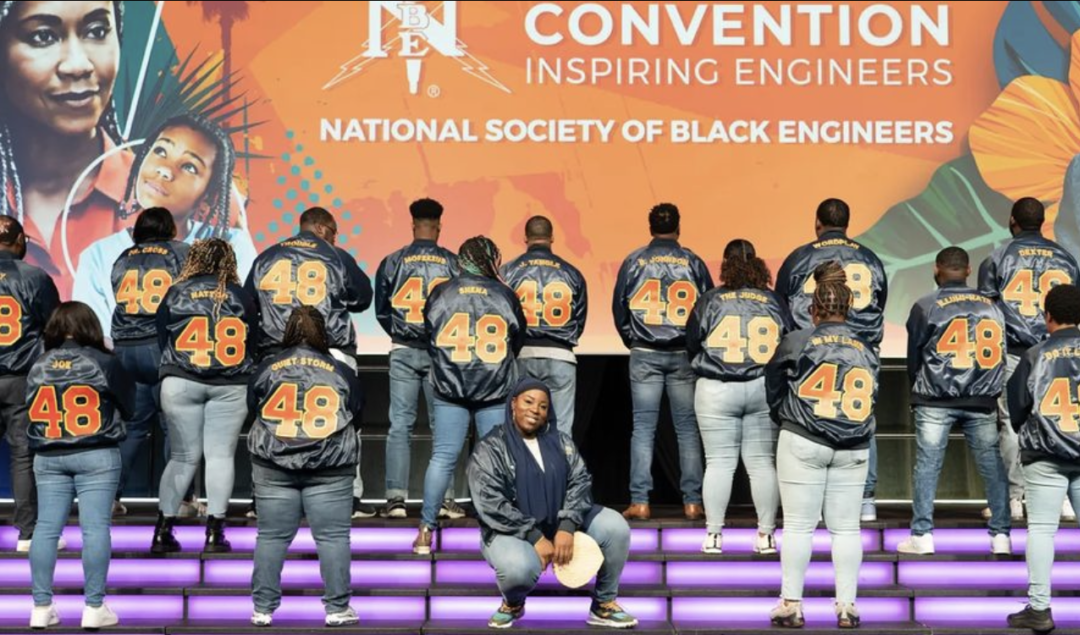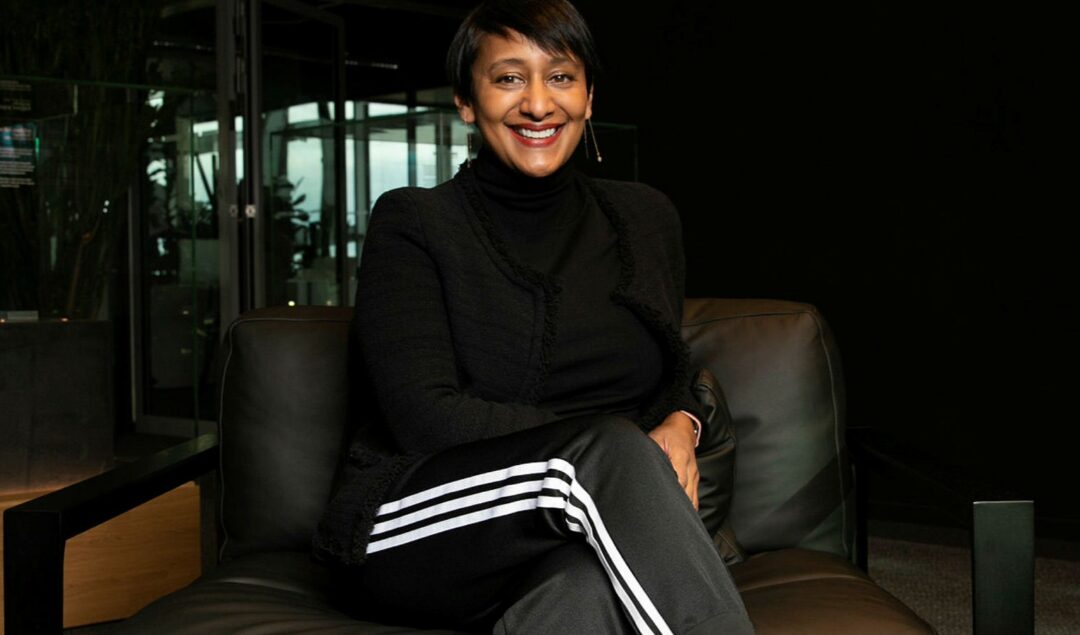Kickstarter, the crowdfunding platform which brings creative projects to life by directly connecting them with their communities, has hired Sindy Wilson as their new chief financial officer (CFO). Who is Sindy Wilson? Wilson has two decades of experience as a finance executive. She previously held leadership roles at Oldcastle Infrastructure, Ernst & Young, Cox Automotive, and, most recently, Lyft as their VP of finance transformation and analytics. Throughout her two decades in finance, Wilson told Forbes she never once worked for a Black female CFO, and most of the time, it wasn’t even
Over half of all LGBT+ ethnic minorities are actively seeking a new role at a more inclusive employer, according to new research by Deloitte Global. The LGBT+ Inclusion at Work report The Deloitte Global 2023 LGBT+ Inclusion at Work report explored the experiences of LGBT+ people in work worldwide through the lens of sexual orientation and gender identity. “The data from the survey shows how far there still is to go when it comes to embedding LGBT+ inclusion in the workplace,” said Emma Codd, Deloitte Global Chief Diversity, Equity and Inclusion Officer.
The concerns about AI and biases have been a topic of conversation for some time. Black artists are among the creators finding an issue with the inaccurate results produced by AI image generators. The Concerns with AI Bias and Artists Senegalese artist Linda Dounia Rebeiz explored whether AI can see people of color in her new exhibition “In/Visible” for Feral File, an NFT marketplace. Featuring ten artists with the same goal; to shed light on the biases of AI and representing people of color. “The biases of AI, the biases
The National Society of Black Engineers (NSBE) has announced its 2024 convention will be held in Atlanta, Georgia, next year rather than in Orlando, Florida, where it was originally to be held. Under the rule of Gov Ron DeSantis, the state has seen several attacks on diversity and inclusion, leaving convention participants concerned about the state’s political climate and safety. What is the NSBE? The NSBE is one of the largest student-governed organizations in the United States and was formed in 1975, growing from six founding members to over 30,000
Several authors, such as Mona Awad, Paul Tremblay, Christopher Golden, Richard Kadrey, and Sarah Silverman, have filed lawsuits against OpenAI for unlawfully “ingesting” their books. The authors claim OpenAI breached copyright law by training ChatGPT on their novels without their permission. How ChatGPT ‘learns.’ ChatGPT, OpenAI’s artificial intelligence chatbot, skyrocketed in popularity following its release late last year. People mainly use it to compose essays, write emails, create creative stories, and get answers to questions about an extensive range of topics concisely and conversationally. Generative AI models like ChatGPT are
Amanda Rajkumar, Adidas’ global head of human resources, is the latest HR lead to depart from her role following the pattern of women leaving DEI roles at major companies. Rajkumar, a British national with parents from the Caribbean, joined Adidas in 2021 to stem an internal uproar over the company’s handling of racism, diversity, and inclusion. However, the company announced last week the departure of their sole remaining female executive board member. Her predecessor Karen Parkin also resigned from the company in 2020 after she described internal discussions of racism as “noise.” Although
Black-owned VC firm Cornerstone V.C, which boasts a diversity-led investment thesis, has hired its first female partner Ella Wales Bonner. Bonner will spearhead the development of Cornerstone’s in-house coaching practice to support the leadership potential of its portfolio companies. Who Are Cornerstone V.C.? Born out of a Black-led angel group, Cornerstone Partners, Cornerstone V.C. firm was founded by Rodney Appiah, Edwin Appiah, and Wilfred Fianko. The early-stage venture capital firm invests in innovative B2B technology solutions in the U.K., launching its first £20 million ($23.9 million) fund last year. Cornerstone V.C. invests in many more
Essence Festival of Culture is suing Spotify for using its branding without permission, according to The Guardian. The festival’s lawyers say they are taking a stand against the “intentional exploitation of Black culture.”. Essence Festival of Culture Essence Festival of Culture is held over the Fourth of July weekend in New Orleans with music performances, inspirational speakers, and proactive conversations about gender, race, culture, and art. It was started in 1994 as a one-time event to celebrate the 25th anniversary of Essence – a magazine aimed at African American women. Since
New York has become the first city to pass legislation that regulates AI-driven hiring practices. Based on the New York City Local Law 144, also known as the anti-bias law, the new legislation requires all NYC businesses to use AI tools in their hiring processes to prove their selections are free from sexism and racism. Local Law 144 New York employers using AI algorithms in their hiring processes must submit used algorithms for an independent audit while publicizing the results. The companies also have to share an ‘average score’ of candidates
Kenya-based MyDawa, a technology-based service enabling consumers to purchase authentic, high-quality medicine, health, and wellness products, has raised $20 million in funding. They raised money from private equity investor Alta Semper Capital to expand its regional reach and product offerings to become an all-in-one health platform for users. The growth plans will be steered by MyDawa’s new CEO Priscilla Muhiu. “Alta Semper’s ambition matches that of MyDawa, and it brings the drive, connections, and clout to succeed,” co-founder Neil O’Leary told TechCrunch. MyDawa’s Story MyDawa aims to ensure that every













